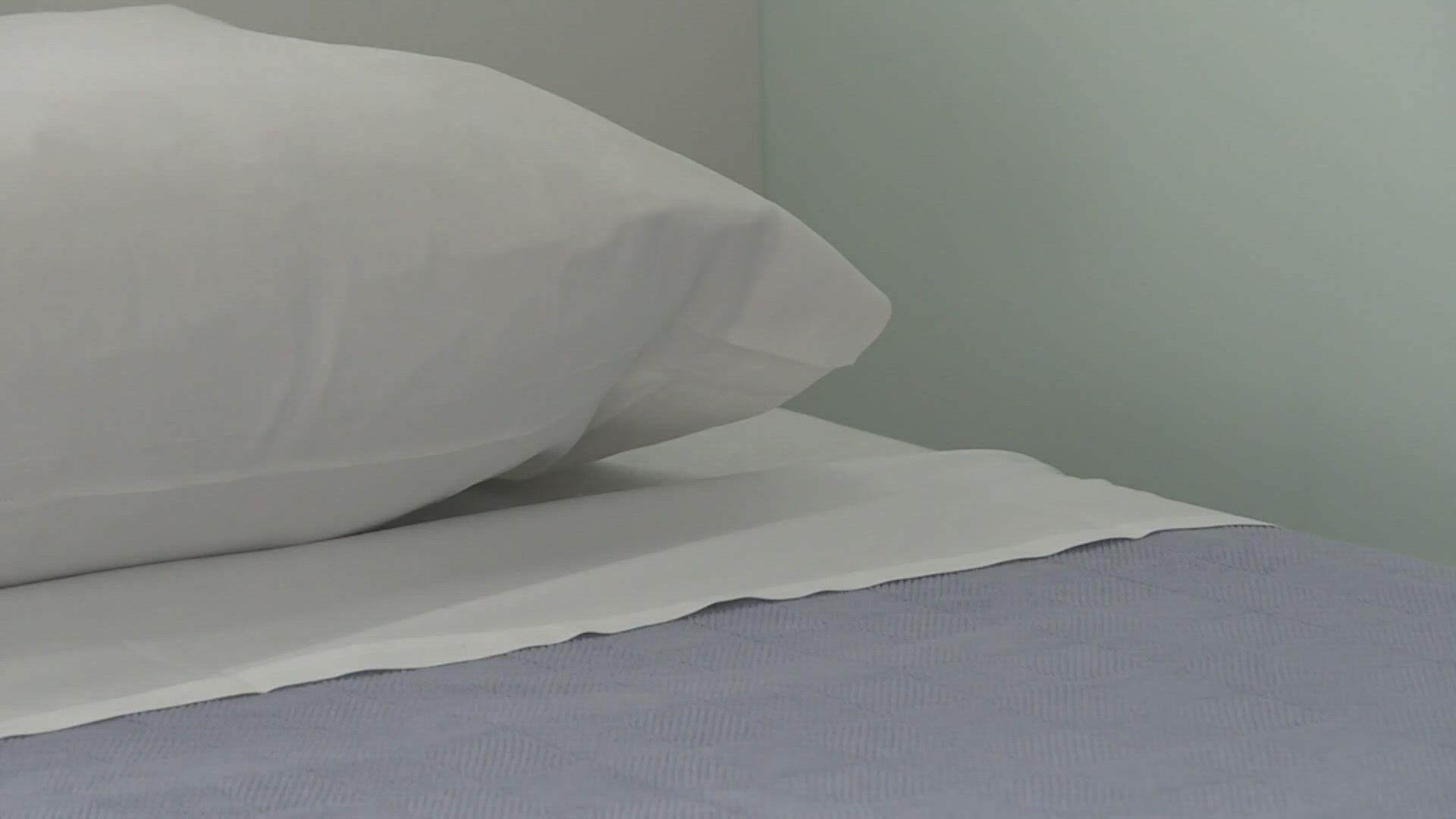DENVER — Fewer Coloradans in jail are waiting for mental health treatment. The numbers are going down at a rate that hasn't been seen since the start of the pandemic, according to a new court filing.
Despite those improvements, more than 350 people as of January are waiting for inpatient restoration treatment at a state mental health hospital. That's down from 464 defendants at the end of May 2023.
These inmates have been incompetent to stand trial, and their cases cannot move forward until they've been restored to competency.
Under these current wait times, Colorado is still far from compliance under a consent decree - an agreement it made in federal court to meet certain deadlines.
"This is the most progress we have seen in the past several years. So there is still much work to be done by the department and all of the systems that interface competence," said Daniel Murrie, one of two Special Masters appointed by a federal court to oversee the consent decree and the state's progress.
When the consent decree took effect in 2019, the Colorado Department of Human Services saw meaningful progress. Both the wait list and the time detainees spent waiting were decreasing throughout the first year. Then the pandemic hit, and all of the numbers moved in the wrong direction.
The Department of Human Services faced staffing challenges, which left hospital beds unused.
According to the Special Masters' most recent progress report in February, staffing began to improve during the prior quarters, and more people have been moved off the waitlist as more hospital beds reopen.
"More than at any other point since the pandemic, there is reason to anticipate steady (though not immediate) improvement," said the report.
There's still a lot of work left to do.
As of January, the average wait time for inpatient restoration services was between 95 and 126 days. Under the consent decree, Colorado is required to get people treatment within seven to 28 days, depending on the defendant's clinical needs.
"I struggle to say I am in a place of optimism. Certainly it could be worse," said Meghan Baker, Facilities and Community Integration Team Leader at Disability Law Colorado.
Disability Law Colorado sued the state in 2011 over the wait times, and won. The Colorado Department of Human Services entered into its consent decree in 2019 as a result.
"If you have a goal of community safety - what we are seeing is that people are entering jail sick and leaving even more sick," Baker said.
Baker is staying cautiously optimistic. So are the Special Masters.
Defendants with severe treatment needs saw the shortest wait times, on average, in nearly a year. Colorado is now admitting these detainees in a matter of days to weeks, rather than weeks to months. With these improvements, the Special Masters report says on average, pretrial detainees are still waiting four to 13 times longer than consent decree time frames allow.
"I would love nothing more than for this waitlist to tank into the ground and none of these folks to be waiting in jails," Baker said.
Colorado lawmakers are considering a bill this session that hopes to reduce the wait times. HB24-1355 would divert certain individuals to wraparound services and would require courts to dismiss charges for people who have complied with their care plan after 91 days. The idea is to route people into a diversion program rather than the competency system if they've been charged with a class two misdemeanor offense or below.
SUGGESTED VIDEOS: Latest from 9NEWS

